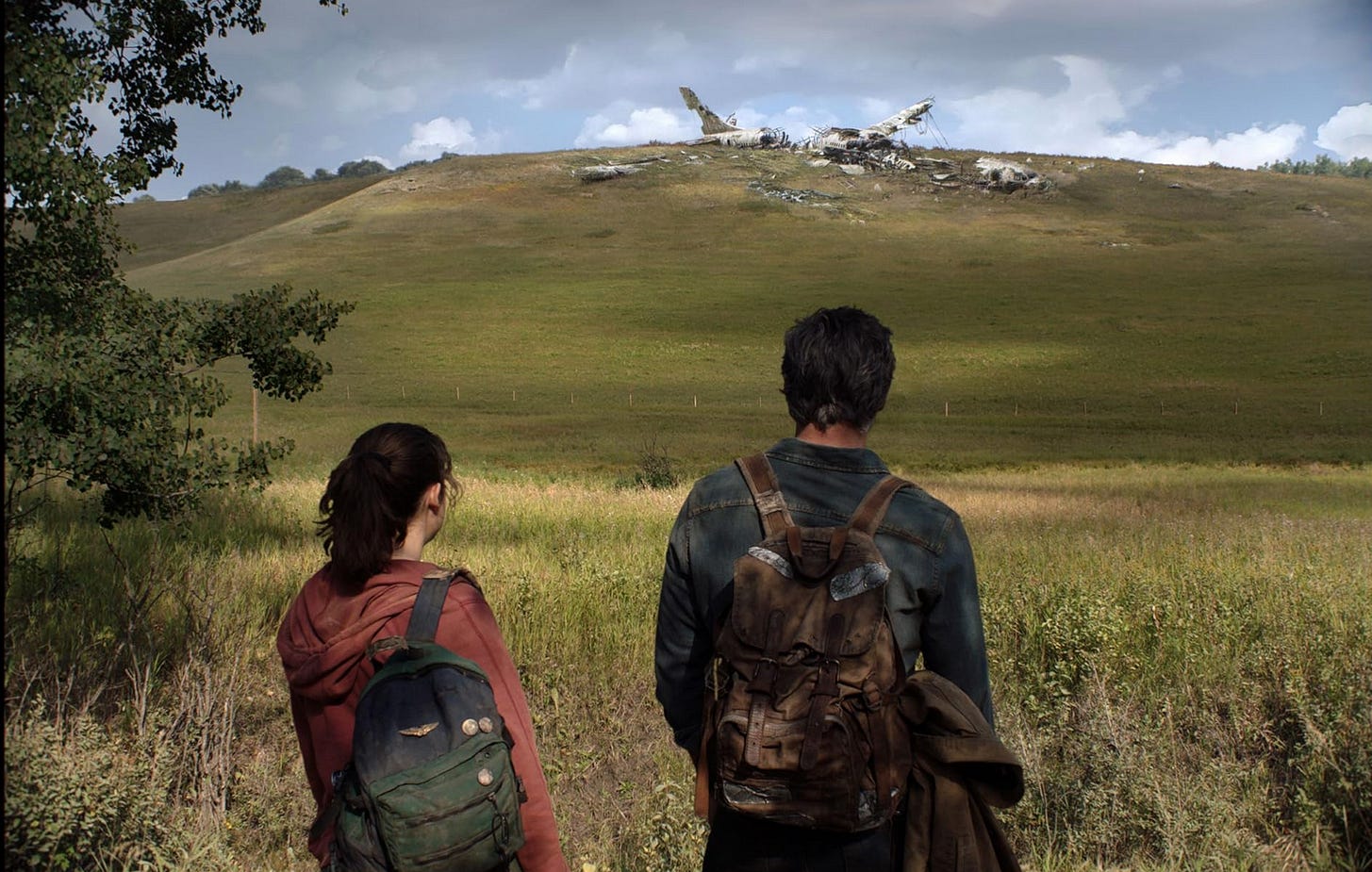What ‘The Last of Us’ Says About the Fragility of the Modern World
And what it means to be detached from our progress
One of the aspects that makes HBO’s The Last of Us unique is the way that it drives home the swift loss of culture that occurs when a parasite sweeps the globe. Yet because the majority of the show takes place two decades after the initial outbreak, we watch people reflect back on that lost world in myriad ways. The days after the fungal infection go…
Keep reading with a 7-day free trial
Subscribe to The Gen Z Report to keep reading this post and get 7 days of free access to the full post archives.


